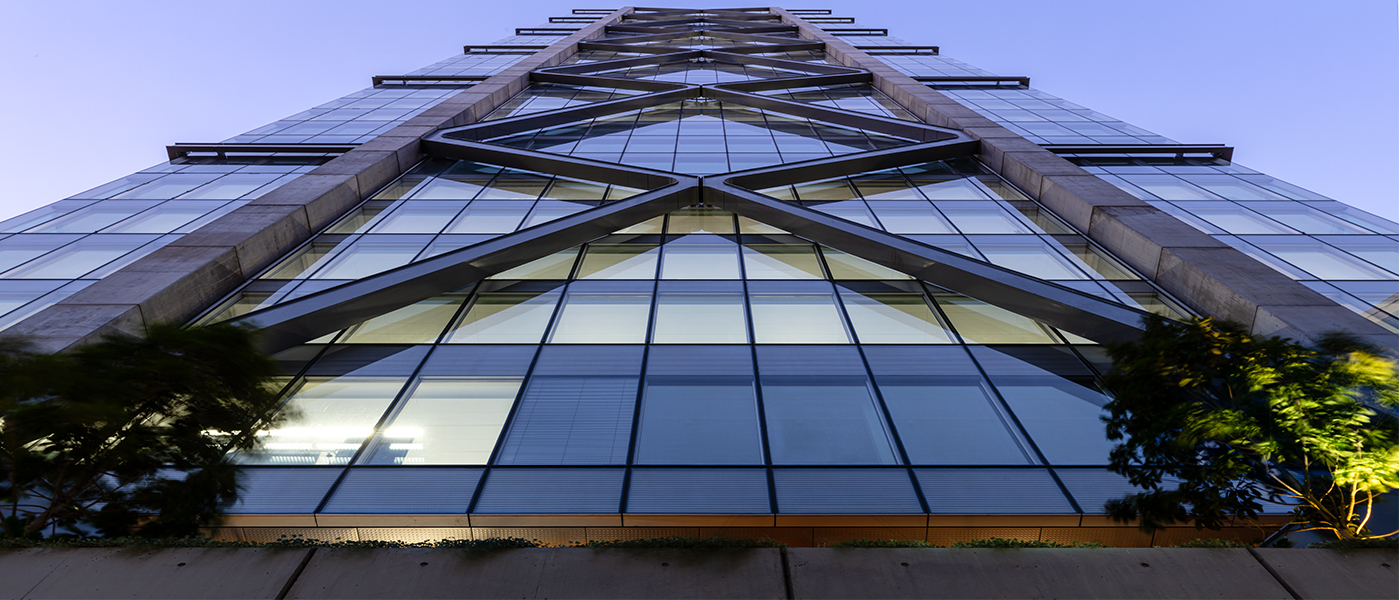
01 — Are fit outs and make-goods tax deductible?
The short answer is yes, both fit outs and make goods can be claimed as business expenses against tax.
Under Temporary Full Expensing laws this can be claimed against tax immediately – under certain conditions.
In addition, capital works can be claimed as business expenses under Division 43 of the ITAA, including all associated building costs such as the cost of labour, material, and consultancy.
Fit-outs are also considered assets and can be claimed as an expense via ongoing depreciation.
01 —
Can I claim my fit-out as an expense through Temporary Full Expensing Laws?
Temporary Full Expensing laws are a government initiative to encourage investment into your business as a part of the COVID economic recovery programme and will remain in place until the end of the 2022-23 income year. All eligible assets purchased between 6 October 2020 and the end of 2022-2023 financial year can be claimed as expenses in full.
In order to be eligible:
– Your business must have an annual turnover of less than $5 billion
– The fit out can not involve Capital Works (which would be claimed under Division 43 instead)
If you claim under Temporary Full Expensing laws, you may claim all your depreciation costs upfront instead of over the course of several years, freeing up cash for further investment. However – sometimes it may be advantageous to claim your expenses over a longer period of time so make sure to consult your accountant before pursuing this option.
02 —
What is Division 43?
Division 43 of the ITAA outlines how capital works for commercial workspaces can be claimed as a business expense during tax time. All costs involved with capital works projects can be claimed as part of Division 43, making conducting capital works a very tax efficient investment if your company’s taxable income is high.
03 —
What are the ongoing tax benefits of a fit-out?
The owner of a fit-out – generally the entity that pays for it – can claim the depreciation of their fit-out as an ongoing business expense. This can also be claimed alongside the depreciation of any other assets they own as part of the business such as technical equipment or furnishings.
For example, if you are renting a commercial space for a medical practice, you can claim the depreciation of your fit-out, plus all of your furniture and medical equipment. Or if you are running a bar, you can claim the fit-out plus all of your fridges, furniture, and tapped services.
This can be a great way to save money during tax time, as you are claiming the wear and tear on things that have already been paid for. The value of the depreciation that can be claimed is based on the costs incurred in creating it, such as labour, material, and consultancy fees.
04 —
How do I claim a Make Good on tax?
A make good brings forward all the residual value of the pre-existing fit-out and scraps it – in other words, you can claim all the lost value of the old fit-out as a business expense, reducing your company’s taxable income. If you are required to conduct a make good when you move tenancies, claiming the lost value from your old fit-out can make the move less painful.
Further sources on this topic:
ATO on temporary full expensing
ATO on capital works expenditure
H&R Tax Accountants

— Is it still worth doing a fit-out while there are high interest rates?
Growing interest rates and high labour costs make upgrading your workspace seem intimidating – but even undergoing small upgrades can generate substantial return on investment with minimal associated cost or risk.
Here are some cases where workplace upgrades can have a substantial return on investment at a relatively minor cost:
01 — Maximising value generating space
Refitting and repurposing spaces to reflect the needs of your business is an easy way to increase potential revenues and productivity in a short span of time. For example, a medical centre converting an unused store room into another operating theatre raises their capacity to service multiple clients, and thus raises potential revenues. A similar logic applies to other businesses where the amount of clients they can serve at once is determined by their space; such as childcare centres, restaurants, and hotels.
Many buildings under-utilise potentially valuable space. For example, in many older buildings outdated mechanical-plant rooms can be modernised and moved into smaller areas, in some cases opening up entire floors for commercial use. Buildings which have changed in purpose over time also often have redundant rooms that could be converted into more productive areas.
02 — Improving Efficiency
With many workplaces moving to hybrid work models in the wake of COVID-19, we find that many businesses have offices that were designed to host much larger numbers of staff than they realistically have present at any given point. This leads to many desks being left empty and potentially productive space being wasted. With a relatively simple fit-out, this unused space can be used to create breakout areas that make employees more comfortable and productive in the office.
Making an office more comfortable and accessible for employees has a notable effect on raising efficiency, reducing sick days taken, and reducing staff turnover rates. By changing simple elements such as lighting, colour, temperature control, and space layout employee happiness and productivity can be measurably improved.
03 — Reducing Maintenance Costs
Workplaces can be expensive to maintain – often in large part due to high energy consumption. Therefore, making your workplace more energy efficient can not only reduce your company’s emissions footprint but also minimise electricity expenses. It is also an opportunity to update mechanical devices and make them more accessible, further reducing maintenance costs.
Making the perfect fit-out for your workplace can generate great returns for a moderate cost; especially as fit-outs are also often tax deductible.
View More